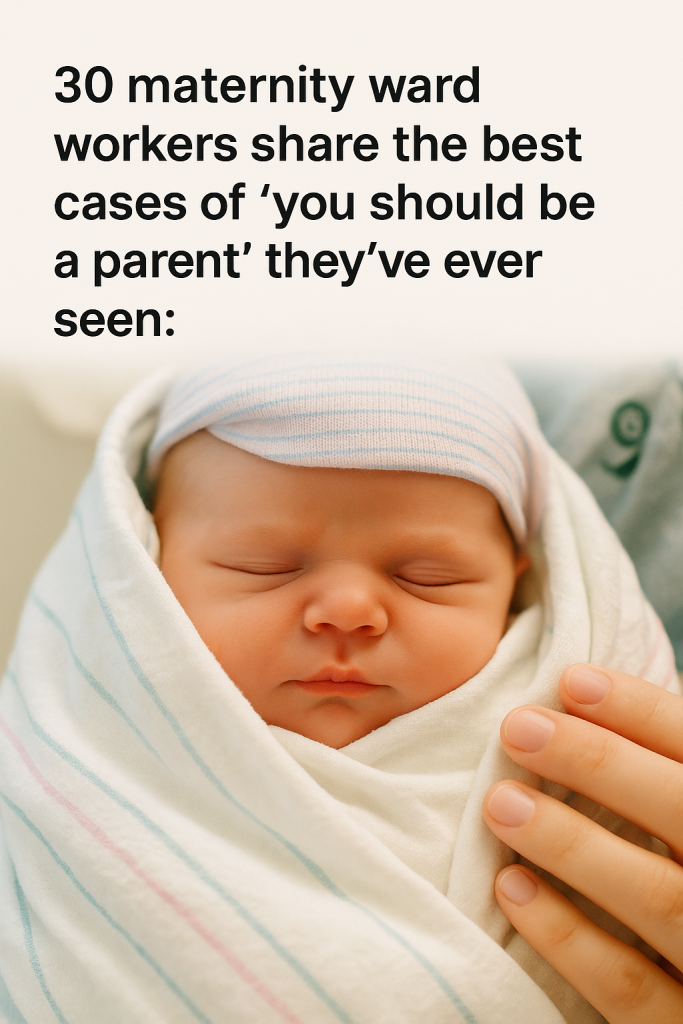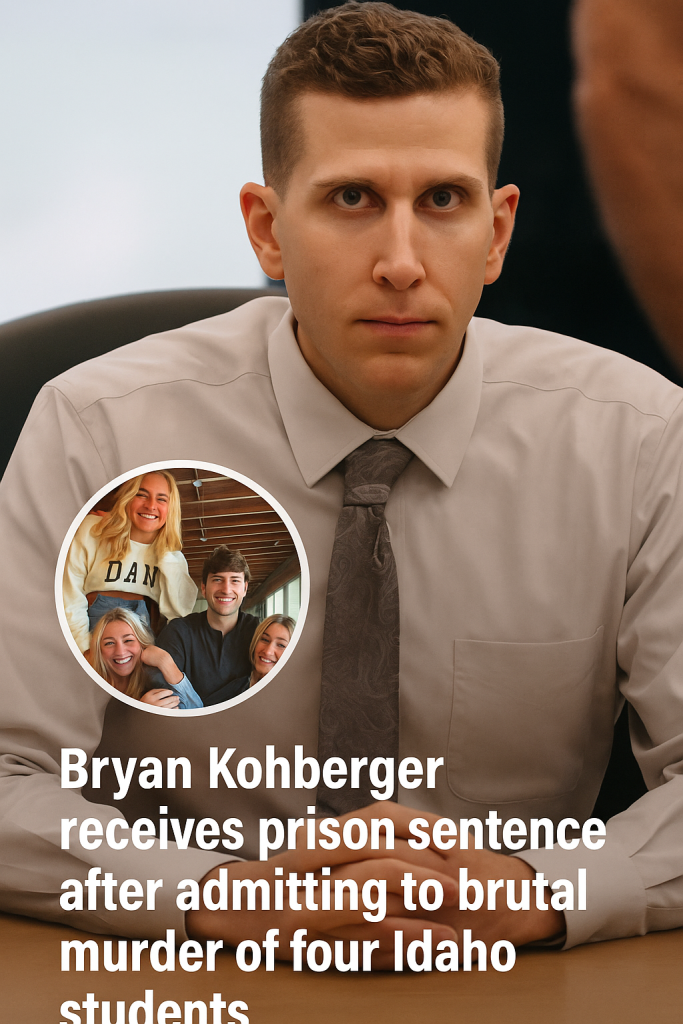Working in a maternity ward exposes healthcare professionals to the most joyous and challenging moments of parenthood. However, not every birth leads to a heartwarming story. Recently, 30 maternity ward workers came forward to share some of the most alarming cases they have witnessed — situations so concerning, they’ve left the staff questioning whether some individuals should be parents at all.
One particularly harrowing case involved a 12-year-old mother, a scenario that many workers described as “heartbreaking and deeply troubling.” According to staff accounts, the young girl was rushed into delivery under emergency conditions, forcing the obstetricians to act quickly. While the baby was delivered safely, the circumstances surrounding the pregnancy raised significant ethical and social concerns.
“It’s incredibly rare but sadly not unheard of,” said one maternity nurse. “We see parents who are incapable of caring for their children properly, whether due to reckless behavior, neglect, or outright abuse. It’s heartbreaking to intervene but sometimes necessary.”
Beyond underage pregnancies, workers shared stories of parents displaying extreme irresponsibility — such as arriving intoxicated during labor, refusing to get prenatal care, or neglecting the baby immediately after birth. These instances often put both mother and child at risk.
One midwife recalled a case where a mother neglected to attend any prenatal appointments, leading to preventable complications that endangered both her and her newborn. “We had to step in constantly, not just medically but also to try and protect the baby after birth,” she explained.
Many workers highlighted that their concern isn’t about judging individuals but about protecting vulnerable children born into unstable environments. In several accounts, social services were involved immediately after birth to assess parenting capacity and ensure the baby would be safe.
“Sometimes you see parents who simply don’t have the maturity, resources, or support systems to provide a safe upbringing,” said a doctor who has worked in maternity wards for over a decade. “Our role extends beyond delivery — we often find ourselves guardians for these infants before they can even go home.”
The shared stories paint a grim picture of the less-discussed side of childbirth — one that involves complex social issues like underage pregnancy, substance abuse, neglect, and domestic instability. Experts emphasize that these cases underscore the need for better education, support, and intervention programs aimed at high-risk populations.
Child welfare advocates and healthcare professionals alike stress that early prenatal care, parental education, and community resources are crucial to changing these patterns. “Prevention and support can save lives,” one nurse reflected. “But we also have to be prepared to intervene when children’s safety is at stake.”
While many of the tales told by maternity ward workers are difficult to hear, they highlight a vital truth: safe parenthood requires more than just bringing a child into the world. It requires readiness, responsibility, and above all, care. As these professionals continue to witness both miracles and challenges, their voices offer a sobering reminder that not everyone is prepared for the immense responsibility that comes with being a parent.



